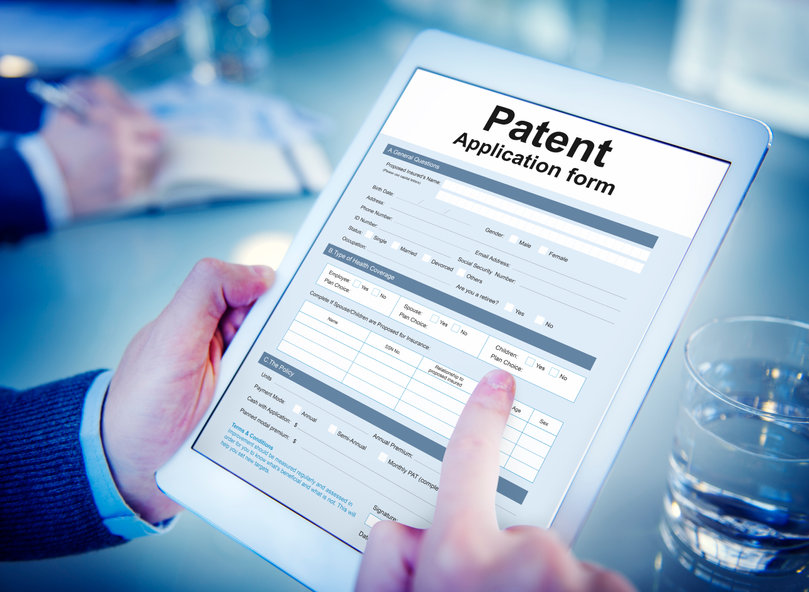A provisional patent application (PPA) is a document issued by the U.S. Patent and Trademark Office (USPTO) that protects a new invention from being copied. A PPA allows an inventor to pitch an idea, test its commercial viability, and refine a product before formally applying for a patent. The PPA is simpler and cheaper than a patent application, but still requires a cover sheet, written description and title of the invention, names and residencies of the inventors, and drawings, among other things.
How Long Is a Provisional Patent Application Good For?
A PPA protects a new invention from being copied for up to 12 months before a formal patent application is filed. The “patent pending” label on a product indicates that the inventor has filed a PPA application.
How Much Does a Provisional Patent Application Cost?
As of July 2021, the standard PPA filing fee is $300. Fees subject to reduction upon establishment of small entity status ($150 filing fee) or micro entity status ($75 filing fee).
What is The Likelihood of Being Able to Move Forward to An Actual Patent?
Your PPA will not be published or examined by the USPTO and does not indicate that the invention is unique enough to receive an actual patent. However, a PPA is a useful tool. Because the United States is a first to file country, the PPA gives the filer a priority filing date. A PPA, on its own, will never mature into an issued patent; you must file a non-provisional utility patent application.
Poorly done PPAs can be used against the inventor later as a weapon to demonstrate there was no invention, or at least that the invention had not ripened past the idea stage at the critical moment the PPA was filed. Contact an experienced business law attorney today to ensure that your application is completed correctly.


